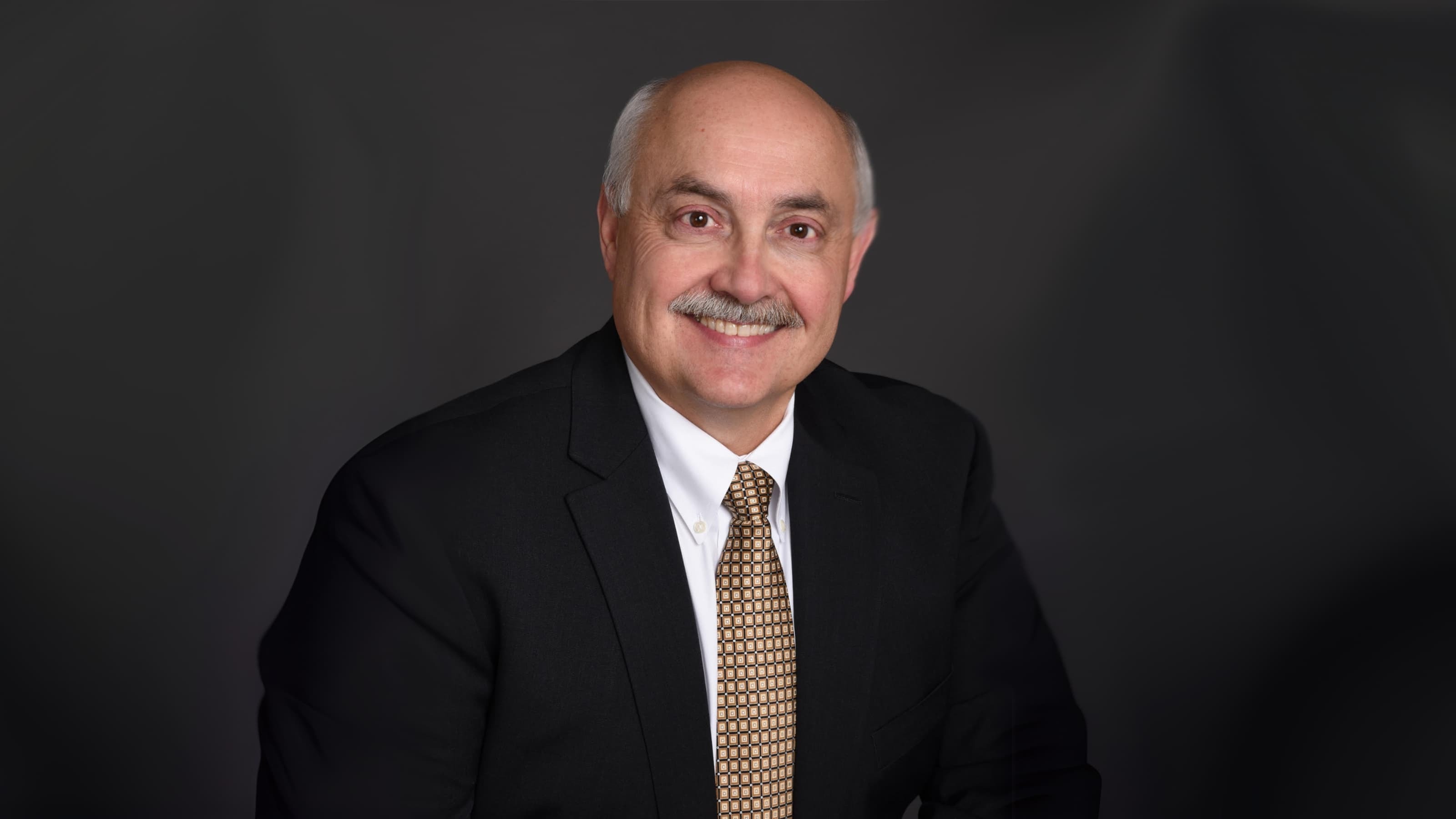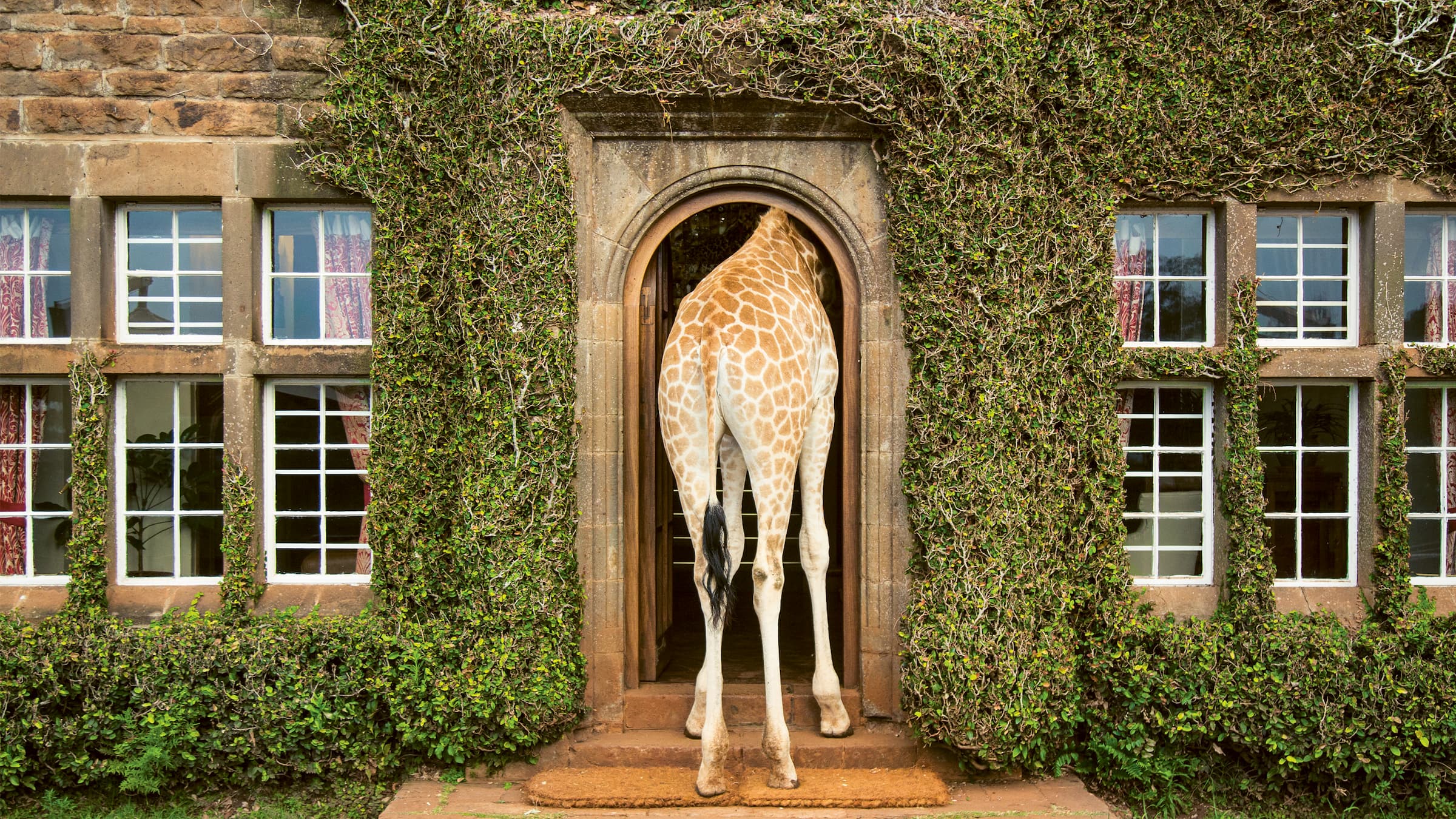Brothers Use Their Passion for Biology and Ethics to Impact the Lives of Children in Palestine
Two Saint Joseph’s students and brothers recently co-authored a research paper proposing a palliative care model for a pediatric hospital in Palestine.

- Two Saint Joseph’s students and brothers recently co-authored a research paper that proposes a palliative care model for a pediatric hospital in Palestine.
- The project is part of their work as fellows with the Institute of Clinical Bioethics, which also conducts ethical training for staff at the hospital in Bethlehem on the West Bank.
- The model proposes how the hospital could free up scarce beds by providing patients with life-threatening illnesses treatment for their pain and symptoms.
All human life is sacred. This shared belief unified two Saint Joseph’s biology students and brothers with the medical staff of a pediatric hospital in Palestine in collaboration to provide a new model of health care.
A recently published research paper in The Internet Journal of Pediatrics and Neonatology examines their work – the intersection of culture, ethics and medicine – and proposes broader applications for using that work in other developing nations.
The paper, “Pediatric Advanced Care Team (PACT): A Model for Caritas Hospital in Bethlehem, Palestine and a Paradigm for Developing Nations,” was co-authored by Jason Grana, a second-year graduate student in the biology master’s degree program, and his younger brother David, a senior, a member of Phi Beta Kappa and a player on the men’s soccer team. Both are fellows at Saint Joseph’s Institute of Clinical Bioethics. The paper’s co-authors also included two medical residents from Mercy Hospital in Philadelphia.
“This program takes steps in promoting the greater good of humanity,” David Grana says. “It challenges us to think beyond our own personal concerns and develop a more interconnected relationship with those who are different than us.”
The research project was created by Peter Clark, S.J., Ph.D. ’75, professor and director of the Institute of Clinical Bioethics and the John McShain Chair in Ethics, and funded by a $5,000 donation from the Institute in honor of Michael Gustafson of the Gustafson Foundation. Clark serves in the role of bioethicist at Caritas Baby Hospital in Bethlehem, Palestine, where he conducts ethics training and leads ethics teaching rounds with the medical staff. Caritas is one of few pediatric hospitals in the West Bank. Run by five Catholic nuns from Padua, Italy, the small facility solely treats Muslim children.
Caritas Hospital was faced with a challenge: Their small neonatal intensive care unit was overwhelmed by the need for available beds. “The Palestinians are one of the most vulnerable peoples in the world in the ways they are suffering,” says Clark. “We had to do something that would address the issue of allocation of resources.”
The need for care at Caritas Hospital far outweighed available resources. “We came up with the idea of creating a palliative care hospice program,” which focuses on the treatment of symptoms of life-threatening illnesses at the patient’s home, freeing up beds at the hospital for those most in need, says Clark. “Really a first-time experience.”
This program takes steps in promoting the greater good of humanity. It challenges us to think beyond our own personal concerns and develop a more interconnected relationship with those who are different than us."
David Grana ’21
In developing nations such as Palestine, statistics support the benefit of palliative care, including pain and symptom management services for thousands of patients. “That was the framework of how important this is,” says David Grana. “We want to prevent hospitals from being overcrowded.”
Jason Grana agrees. “We need to make sure that no one is left behind at the end of the day. We can provide proper care for terminal patients while opening up beds to allow for patients in need to get proper treatment.
Opening up beds was a solution that also opened up social and cultural questions. “The main issues we had to overcome,” says David Grana, “were cultural and religious ideals. How do we, coming from the United States, implement a program that we know will help, but at the same time respect cultural and religious values?”
“The Muslim view on end of life and health care, in general, is that the decision to tolerate pain [will be] rewarded in the afterlife,” he says. “Pain medications may be offered, but are often refused.”
“It’s a tough decision,” adds Clark. “And it’s even worse when it’s a child. It’s just devastating to these families. The pediatric advanced care team treats the family as well as the child. That’s what hospice care does here in the United States. That was why we wanted to bring this model to Palestine.”
Building trust between families and physicians was crucial. That was the inspiration behind building a cross-cultural team. “This program transcends those national, cultural and social barriers that we’re accustomed to in society,” says David Grana. “And it really challenges you to develop a more global perspective.”
David Grana summed up the reason he is dedicated to this work: “One of the things we can do with this project is to use our knowledge and expertise to develop a program that can ultimately save thousands of lives.”
“This is the Jesuit mission in action,” adds Clark. He refers to the Jesuit principles of treating the most vulnerable, of solidarity and the sanctity of life. “Here, we’re really putting the words into action.”
As the Grana brothers look to the future, they reflect on the impact of their experience as members of the ICB team working with Caritas. Jason Grana is focused on his master’s thesis and a career in the pharmaceutical field. “This project gave me a greater understanding of the privilege we have as Americans,” he says. “We take accessible health care for granted. We need to look at the situation in Palestine with compassion and care. Learning from them, we can grow.”
David Grana is immersed in research projects and interviews with medical schools on his path to becoming a physician. “Every decision we make has some ethical guideline behind it and if we clearly assert our ethical views, perhaps more people will open their perspective and be willing to go out and help those in developing nations,” he says. “Not only help them, but also learn from them and be in companionship with them.”


